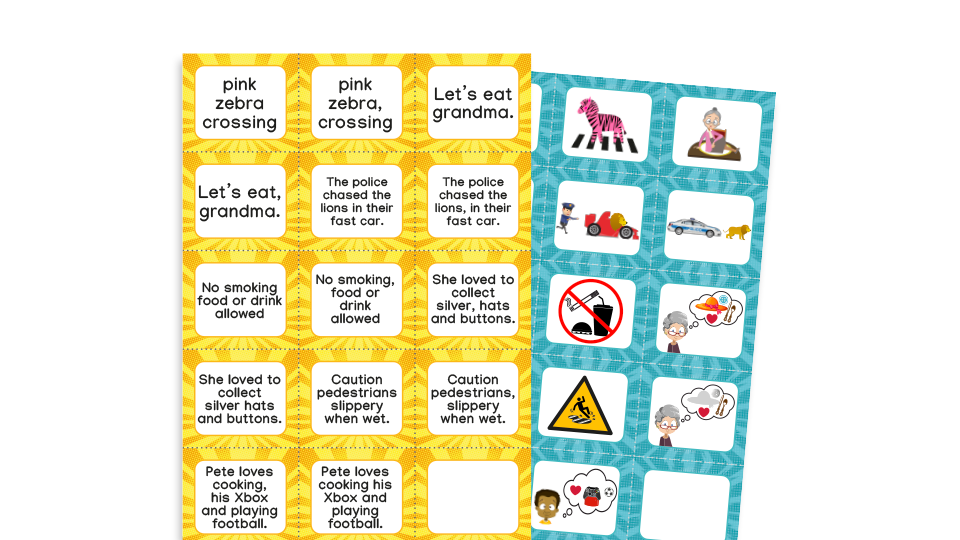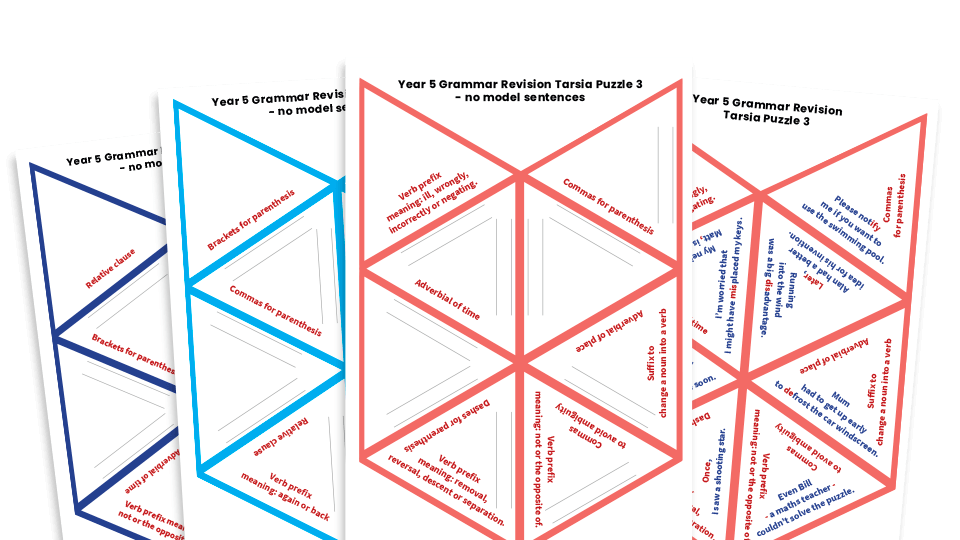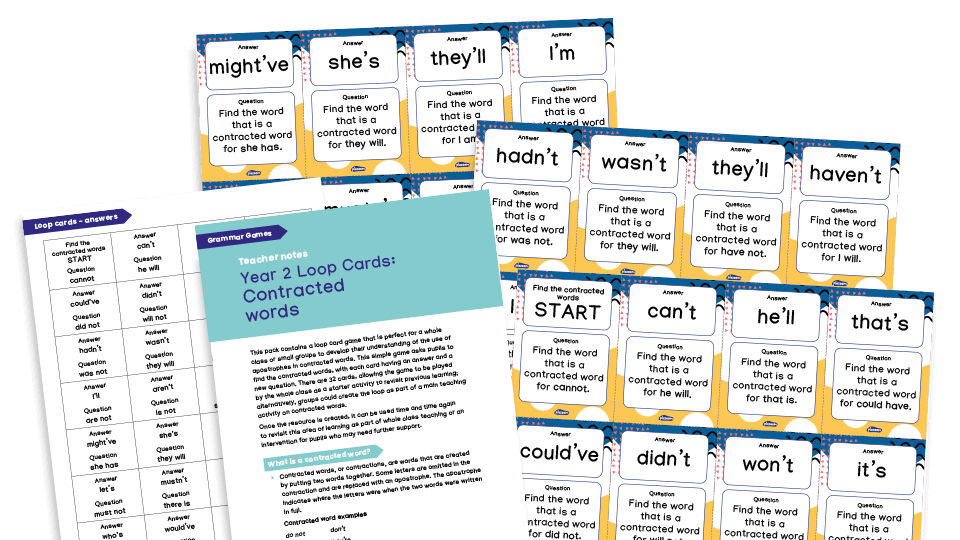Grammar games – Try these activities for KS2
When it comes to playing grammar games in class, there are a couple of points to bear in mind.
First, you have to make sure that your grammar game actually teaches the points you want the pupils to learn. Second, good grammar games can take up valuable time in terms of preparation, which, as a busy teacher, you don’t have a lot of.
Why gamify grammar learning?
Think about youngsters glued to computer games. Even if they are exploring completely different worlds, it is often extraordinary how quickly they absorb a bewildering range of skills, tips and information.
More amazing still is the fact that most of this learning will be of absolutely no use whatsoever in any other part of their existence.
What keeps them going, keeps them learning? The answer is that it is fun.
Playing games is, pretty much by definition, an enjoyable thing to do. Added to that is the motivation of progressing up through the levels – or whatever other measure of progress they use.
They don’t get paid to do this. They don’t get stickers or certificates – the rewards are inherent. Wouldn’t it be good if school learning was like that, especially for potentially dry subjects such as grammar?
English grammar games to try
You can save yourself an enormous amount of preparation time by using ready-made games. The trouble is, these are often not quite what you wanted to teach.
Either that or you are not convinced that they are effectively developing the skills you want your students to acquire.
Luckily for you, we have an extensive range of grammar, punctuation and spelling games and activities that have been developed by experienced teachers with the express purpose of teaching skills and embedding knowledge specifically required by the KS2 National Curriculum.
Here are just a few examples…
Commas to avoid ambiguity
Think commas are boring? Think again! Our Year 5 ‘make a match’ game shows pupils how a tiny punctuation mark can completely change a sentence. They’ll match sentences to images, laugh at the difference a comma can make, and secretly learn a lot along the way.

Grammar tarsia puzzles
Grammar revision is one of those areas that can drain the will to live, if you are not careful. After all, there are only so many times that you can expect pupils to enjoy a mock SPaG test or practise on grammar, punctuation and spelling SATs from previous years.
One solution is our Year 5 grammar tarsia puzzles. These ingenious little head-scratchers require pupils to fit together equilateral triangles to form one larger one.
There is a grammar term or a model sentence exemplifying that term written down each side of each triangle. Your challenge is to match these up to solve the puzzle.
These are an excellent warm-up activity or even something to aid revision at home. What’s more, we provide templates so that pupils can write their own versions to challenge their peers. If that doesn’t help to secure grammar knowledge, then there’s a good chance that nothing will!

Contracted words loop cards
Our contractions loop card game makes learning apostrophes fun and hands-on. Pupils work together to match words with their contracted forms, creating a fast-moving loop that keeps everyone engaged.

Plurals and possessives bingo
This plurals and possessives bingo resource turns spotting grammar into a game. Pupils in Year 4 have to decide whether a sentence shows a plural or a possessive, all while having fun and racing to complete their bingo cards.

Sue Drury qualified as a primary teacher in 1999. Teaching pupils from Year 1 to Year 8, she has held a variety of positions including maths and English subject leader, year leader, and assistant headteacher. Sue has mentored students and NQTs, offering guidance and advice using her years of experience. She created many of Plazoom's literacy resources.